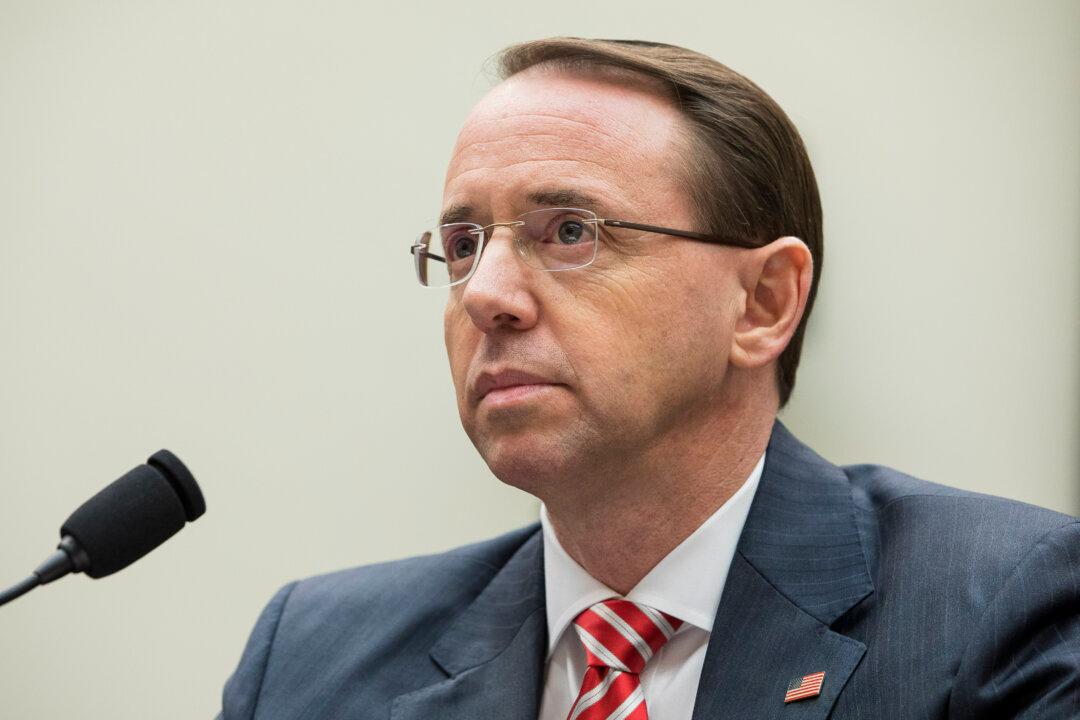News Analysis
The Organized Crime Drug Enforcement Task Forces program was established in 1982 as a means to combat increasingly organized drug traffickers.

The Organized Crime Drug Enforcement Task Forces program was established in 1982 as a means to combat increasingly organized drug traffickers.